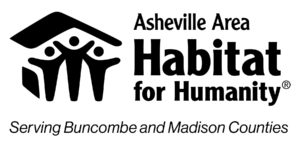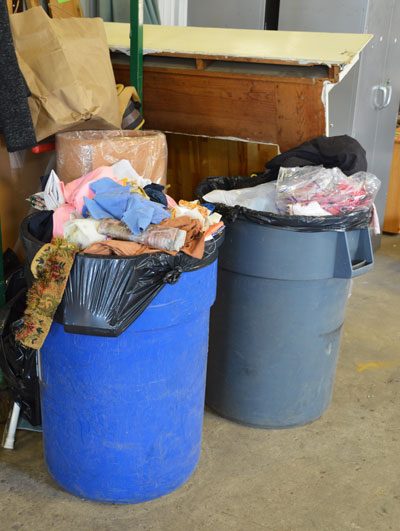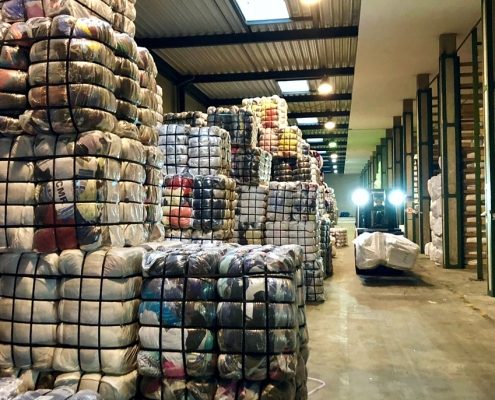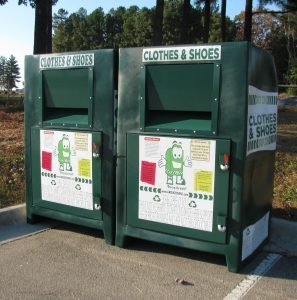By: Klesa Ausherman
When you hear the word “reuse”, what comes to mind?
Old construction materials? Reusable coffee cups, unwanted furniture, the Asheville ReStore Pinterest board? But what about textiles? They might not be the first material you think of, but did you know that textiles make up almost 7% of our landfills? And about 95% of the textiles in our landfills are either reusable or recyclable. This means that even those pieces of clothing that are so worn out that Goodwill doesn’t want them, still have a significant post-consumer future ahead– if you’ll give it to them!
Until early 2020, the Asheville ReStore was able to find a home in local animal rescue shelters for all of the unsaleable textiles and fabrics that were donated. ReStore volunteers would drive bags of textiles that were unfit for sale as far as neighboring counties to offer them as bedding and cleaning material for WNC animal shelters. However, the animal shelters in this region are so well supported that there came a time when they could no longer accept the bags of used textiles the ReStore regularly has in abundance.
As a key player in reducing waste from our local landfills, diverting over 2,000 tons of materials annually, the ReStore was not keen on throwing all of these unsaleable textiles away. Fortunately, a member of the ReStore team, Alex Cole, recommended the ReStore contact a fabric recycler called Green Zone out of Raleigh, NC. Shortly after, Green Zone picked up (yes, they pick up), the first load of fabric to be recycled from the ReStore in February of 2020. To date, the Asheville ReStore has sent almost 6,000 pounds of fabric to be recycled or resold through Green Zone, often to countries all around the world.
That’s right, the United States isn’t the only country with a booming second-hand sales market! Many countries in Africa and South America have an incredible demand for used clothing, making reselling a viable option for earning much-needed income, as well as providing decent, affordable clothing to lower income earners around the world.
The benefits of recycling your old textiles and clothing don’t stop with these great socio-economic factors. Environmentally, recycling textiles reduces the need to create more landfill space, reduces pollution created by incinerators, and reduces the environmental impact of harsh chemicals, waste products and waste water used in the manufacturing of new clothing.
Companies like Green Zone act as a middle man, collecting textiles and then selling them to companies who separate the resalable pieces from the fabric that will either be repurposed into industrial cleaning wipes, or recycled into new products such as paper, yarn, insulation products, and carpet padding. More information about fabric recycling, including the impact of choosing reclaimed industrial wipes, can be found here.
Alright, are you ready to start purging your household of old textiles and used clothing in a responsible and sustainable manner? We recommend adding a recycling bin or bucket dedicated to collecting textiles in your home. (They need to be dry and free of chemical solvents in order to be reused or recycled.) And remember, every sustainable option you choose, DOES make a difference. Here are several bin locations in and around the Asheville Area where you can drop your used textiles. Happy recycling!!
Bethesda United Methodist Church 311 Old Haw Creek Rd Asheville NC 28805
Overlook Village 80 S Tunnel Rd Asheville NC 28805
Fairview Crossing 1350 Charlotte Highway Fairview NC
Stuckey’s Exxon 121 Parker Padgett Road Old Fort NC
Samir’s # 14 570 Bat Cave Road Old Fort NC






